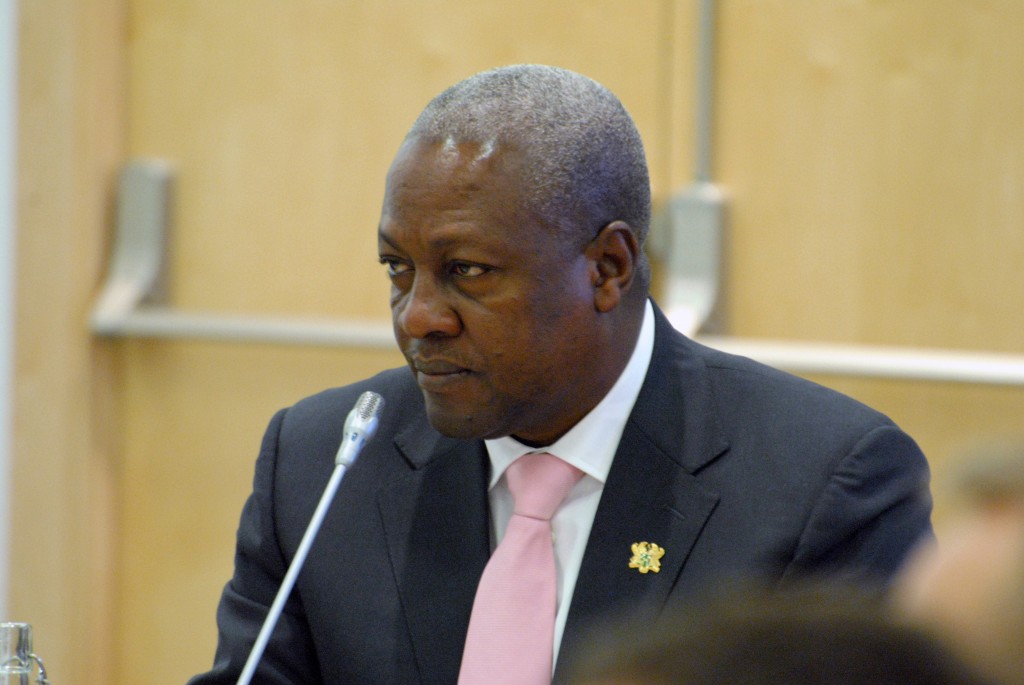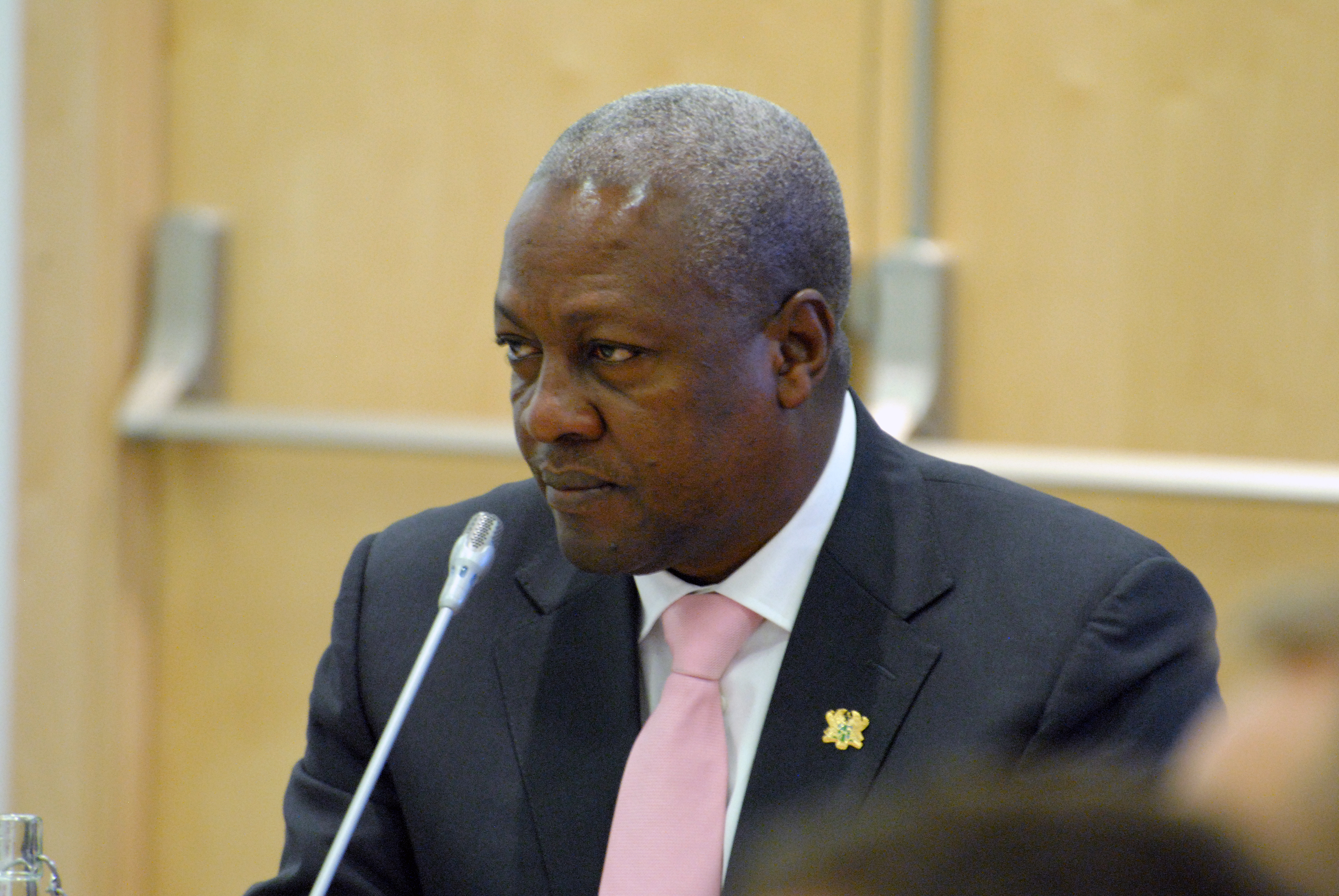On 7 December, over 15 million Ghanaians are expected to take to the polls to vote in the country’s seventh general elections. Having become a multiparty state in the early 90s, Ghana is touted for its democratic maturity. However, issues exist that are part of the discussion about the upcoming elections. Some Ghanaians are concerned about the legitimacy of the polls, and there’ve been corruption allegations against the electoral commission.
The forthcoming presidential contest is expected to follow a similar trajectory as the 2012 polls, which were a tight race between incumbent President John Dramani Mahama and his main contender, Nana Akufo-Addo. Mahama has an unwavering support base in the northern regions, while Akufo-Addo enjoys a heavy backing in other parts of the country, including the capital, Accra.
ELECTION PROCESS
As one of the few African countries that base their national elections on a two-round system, the contestation for the Ghanaian presidency will either be cut and dry or lead to a runoff vote. Voters are afforded the opportunity to choose their preferred candidate in a one-person, one-vote process. Under Ghana’s electoral system, a presidential candidate is required to get a minimum of 50% plus one vote to be declared the winner. Should none of the candidates meet this requirement in the first round of voting, a second round would take place between the two top candidates. Candidates who do not gain a set amount of votes in the initial round of elections are not included in the roster of contenders in the next round.
WHAT’S AT STAKE?
The presidential and parliamentary elections will take place in the face of high inflation, rising petrol prices, and regular power cuts. The candidates have been campaigning with this current situation in mind, pinning their messages on economic development and eradication of poverty.
The opposition has promised to turn the economy around, with the NPP’s Akufo-Addo stating: “If we do not make a focused, systematic effort to change the nature of our economy, moving away from this raw material producing economy into an industrial value-added economy, we are never going to address the issues of poverty.”
CURRENT PRESIDENT JOHN DRAMANI MAHAMA
President John Dramani Mahama is the only Ghanaian president to occupy all ranks of political office in the country as a member of Parliament, deputy minister, minister, Vice-President and ultimately President after the death of John Atta Mills in 2012.
He also made history by becoming the first head of state that was born after Ghana’s declaration of independence in 1957. Interestingly, he’s also one of the most followed African leaders on Facebook and Twitter.
THE OTHER PRESIDENTIAL CANDIDATES
The 2016 Ghanaian elections attracted 17 hopefuls who submitted their nomination papers to run for president. However, 10 of them were disqualified due to not meeting requirements. Out of the seven remaining candidates, six represent political parties, while one is independent. The top candidates include the National Democratic Congress (NDC)’s John Dramani Mahama, who is vying for a second term in office, and Nana Akufo-Addo of the New Patriotic Party (NPP), the biggest opposition party in Ghana. Akufo-Addo is contesting for the third time, having already been unsuccessful in 2008 and 2012.
Will third time be a charm for the 72-year-old opposition leader? Various opinion polls in Ghana seem to suggest so, revealing that Ghanaians feel the opposition leader is the right person to solve some of the issues affecting the country. But, if we’re to learn anything from the recent US presidential election, it’s that polls can be misleading.


